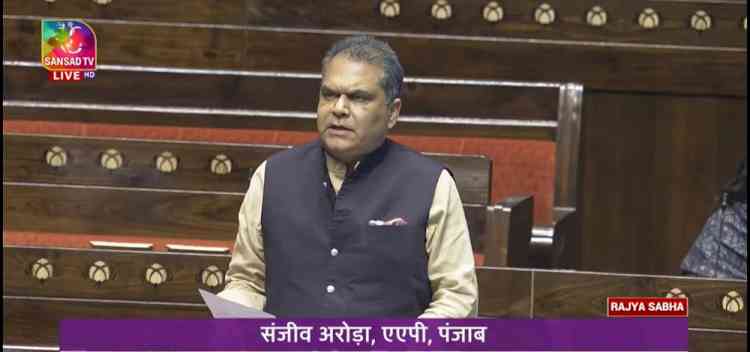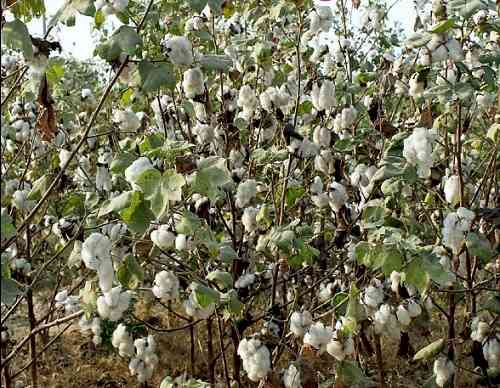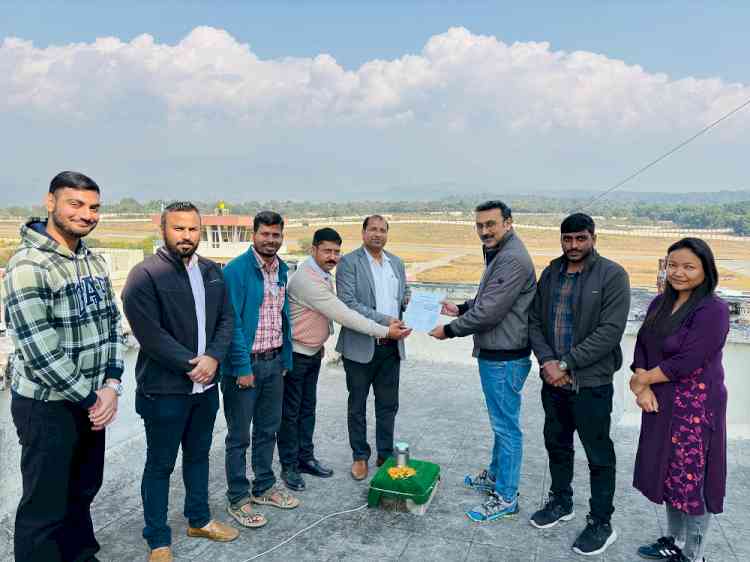Arora expresses concern on effects of climate change on kharif crops in Punjab in Rajya Sabha
Punjab has contributed 9.8 per cent of country’s food grain production during 2020-21. Seasonal climate change projections for Indian region were derived from the bias corrected probabilistic ensemble of 33 global climate models. These studies indicate that without adaptation measures, the irrigated rice yields in India may reduce by 3 per cent and maize yield by 10 per cent for the period 2020-2039.

Ludhiana, December 15, 2023: Punjab has contributed 9.8 per cent of country’s food grain production during 2020-21. Seasonal climate change projections for Indian region were derived from the bias corrected probabilistic ensemble of 33 global climate models. These studies indicate that without adaptation measures, the irrigated rice yields in India may reduce by 3 per cent and maize yield by 10 per cent for the period 2020-2039.

This has been revealed by the Union Minister of Agriculture and Farmers Welfare in reply to a question asked by MP (Rajya Sabha) from Ludhiana Sanjeev Arora in the on-going winter session of Rajya Sabha. Arora had asked whether government is aware of the fact that due to climate change, Punjab which produces 10 per cent of country’s food grains may witness a decline in yield of its major kharif crops by 1 to 10 per cent by 2035; and if so, steps taken by government for mitigating the risks and adopting measures to lessen the impact of climate change on farmers.
In his reply, the Union Minister further stated that government has launched National Mission for Sustainable Agriculture (NMSA) to deal with the impact of climate change on food grain production. NMSA is one of the Missions within the National Action Plan on Climate Change (NAPCC), which aims to evolve and implement strategies to make Indian agriculture resilient to the changing climate and to sustain food grain production. The National Food Security Mission (NFSM) is implemented in 28 States including Punjab with the objectives of increasing food grain production through area expansion and productivity enhancement in a sustainable manner.
Further, the Union Minister stated that to develop and promote climate resilient agriculture, Indian Council of Agricultural Research has launched a flagship network project namely National Innovations in Climate Resilient Agriculture (NICRA) in 2011. Under NICRA project, climate resilient technologies have been developed and identified as adaptive measure viz., resilient varieties in different crops tolerant to climatic stresses, conservation agriculture practices, crop diversification from paddy to other alternate crops, zero-till drill sowing of wheat to escape terminal heat stress, direct seeded rice, green manuring, integrated farming systems, in-situ moisture conservation, micro irrigation and drip fertigation etc.


 City Air News
City Air News 













